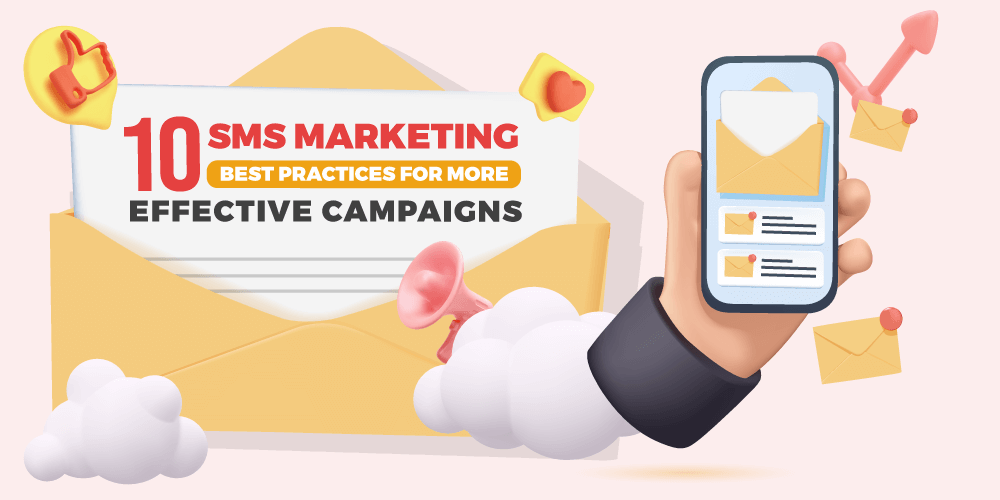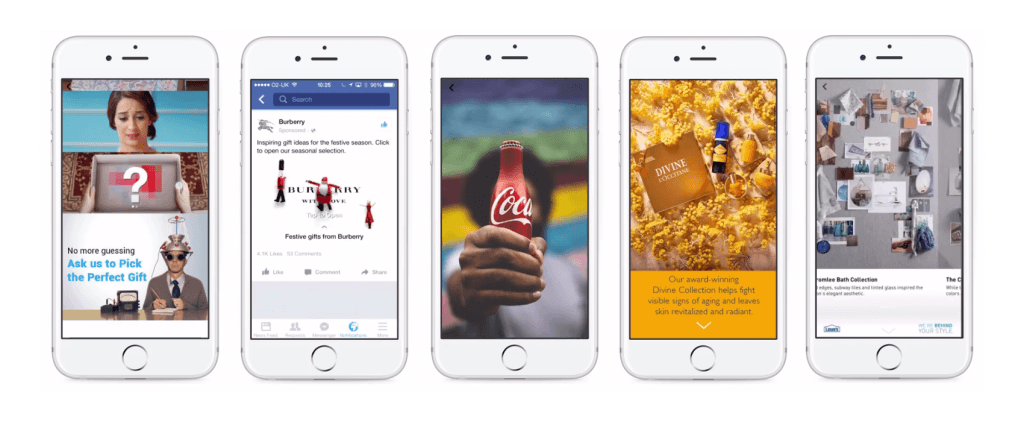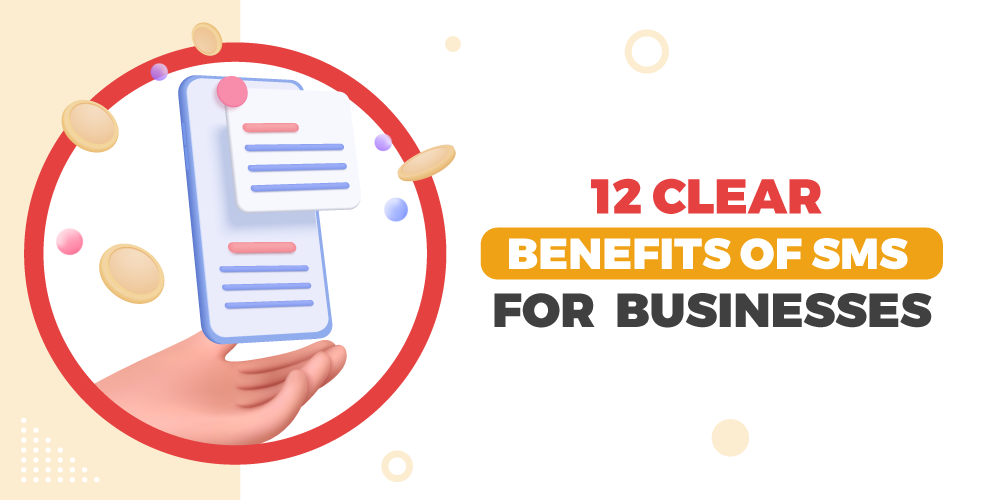SMS marketing remains as one of the best ways to engage with existing and prospective customers. Whether you’re looking to communicate with your current audience or want to reach out to new leads, SMS marketing is a practical, cost-effective solution that can help you reach your audience in real-time.
Business SMS benefits from its ability to reach customers when they’re most receptive. When you send SMS messages, they are sent directly to your customer’s phones, allowing them to view them immediately.
It’s also important to remember that text messages are highly personal. Through SMS, it takes around 90 seconds for someone to respond compared to 90 minutes on average for an email, proving SMS’ efficiency.
Knowing the best way to do things can mean the difference between a successful SMS campaign and a waste of resources. This infographic will showcase key SMS marketing best practices that businesses should adopt to give their future campaigns the best chance at success.

SMS Marketing Best Practices That Make a Real Difference
-
Respect privacy and security
Today, hackers have improved their abilities to breach different systems and gather personal information. These days, people have become more cautious about sharing personal information online, but because of how digitized society has become, it has become all but unavoidable.
In the case of SMS marketing, it’s essential that you have a strong and secure system that ensures that all data is safe. Additionally, if a customer does not want to receive messages, you should respect their decision and delete their contact information from your CRM database.
-
Ask SMS marketing recipients to opt-in
Asking SMS recipients to “opt-in” is similar to a call-to-action (CTA). If they show interest in what your business has to offer, they can consider subscribing to SMS messages. Once they do, you can send a text that indicates a keyword asking them to confirm.
The worst thing you can do is send bulk messages to your entire audience because some may not be interested in receiving SMS and can deem them as spam. You will lose trust, and your brand image will suffer as a result.
-
Send your messages at the right time
It’s important to remember that people are busy most of the day and have a lot going on. Sending an SMS message when they’re not expecting it could make them feel like they’re being spammed or harassed by someone they don’t know.
That’s why it’s vital to send the messages at the right time, which is when people are likely to read them. When you know what times are best for your customers to receive SMS messages, you’ll increase engagement with your brand and build loyalty over time.
-
Offer immediate value
Businesses should offer immediate value to their customers in SMS messages because it is a great way to drive sales and engagement.
By offering something of value, you are showing the customer that you care about them and that you want them to continue doing business with you. This step will help build trust between the two parties, which can lead to them being more receptive down the road.
-
Be consistent (branding, timing, and frequency)
When a business sends out an SMS message to its customers, it’s an opportunity to build trust and brand loyalty. But if that message is inconsistent in terms of branding, timing, and frequency, the business will send mixed signals to its customers.
Instead of changing things without explanation or notice, businesses should keep sending their messages consistently so their customers can count on them being there when and how they expect them to be there.
-
Be responsive to replies
If you send an SMS message to a customer, and that customer replies, then it’s crucial for you to respond as soon as possible.
If you don’t respond quickly, it’s going to make your customer feel like they’re not important and that their needs aren’t being met. That feeling can lead customers to think of you as unreliable or untrustworthy—and ultimately, they might choose not to buy from you.
But if you are able to respond quickly when your customers reply after receiving an SMS message from you, they’ll feel like they’re getting the attention they deserve. They’ll feel valued, which will help them trust that business even more.
-
Provide an opportunity to unsubscribe
Many companies assume that it’s okay to keep sending SMS messages to their customers for as long as they want. But this isn’t the case. If a customer wants to unsubscribe from your company’s SMS messages, then they should be able to easily do so.
It’s not just about goodwill or building trust with your customers; it’s also about staying compliant with the law. Even if you’re not a big company, you still have to comply with regulations that protect consumers’ privacy rights and prevent them from being harassed by marketers who won’t stop nagging them with unwanted text messages.
-
Use a conversational tone
Businesses should send SMS messages with a conversational tone because people are more likely to engage with a message that sounds like they’re talking to a person rather than a machine.
A conversational tone makes it easier for customers to respond when they receive an SMS message. It also helps strengthen relationships between businesses and customers by making it clear that the company understands their needs and wants to help them out.
-
Use common language
When sending an SMS message, you need to remember that not everyone will understand what you mean when you use abbreviated terms or jargon.
You can avoid this by using common language in your messages. It will help ensure that everyone understands what you’re saying and won’t misinterpret your intentions or get confused about when they should respond back.
-
Add an element of exclusivity
In today’s digital world, businesses are constantly competing for the attention of their customers. In order to win that battle, businesses need to differentiate themselves from their competitors in some way—whether it’s through pricing, brand recognition, or customer service.
One way to do this is by adding an element of exclusivity when sending out SMS messages. The sender will only provide these types of messages to customers who have opted-in to receive them, giving them a feeling of exclusivity and importance.
Straight Road to Success
SMS marketing still holds its value today, and businesses should capitalize on it to increase sales. The SMS practices discussed aim to maximize the returns from your text messaging campaigns, strengthen customer relations, and drive more engagement.
The key to drive success is understanding your customer base because your strategies will revolve around how your customers react and respond to you. If you take the time to analyze them, your business will surely flourish.
Looking to power your business with SMS, contact Semaphore today!


 Image Source:
Image Source:  Image Source:
Image Source: 
